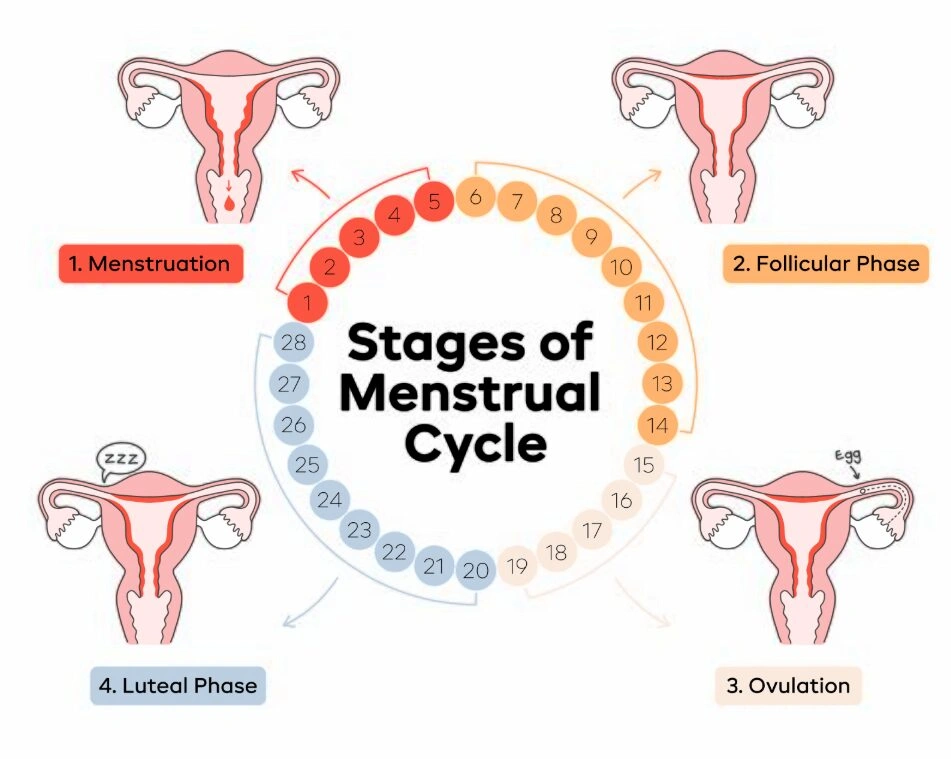Amenorrhea refers to the absence of menstrual periods in women of reproductive age. It can be a natural occurrence during pregnancy, breastfeeding, or menopause—but when periods stop unexpectedly or never begin by age 15, it may signal an underlying health issue. Whether temporary or long-term, amenorrhea deserves medical attention to determine the cause and restore hormonal balance when needed.

Amenorrhea is classified into two types:
Primary amenorrhea – when a young woman has not had her first period by age 15.
Secondary amenorrhea – when a woman who previously had regular periods stops menstruating for three or more months.
Common causes include:
Pregnancy – The most common cause of secondary amenorrhea.
Polycystic Ovary Syndrome (PCOS) – Hormonal imbalance that affects ovulation.
Stress or weight changes – Extreme stress, rapid weight loss, or excessive exercise can disrupt hormone levels.
Thyroid disorders – Both underactive and overactive thyroid glands can interfere with menstruation.
Hormonal birth control – Some contraceptives may stop periods temporarily.
Menopause or premature ovarian failure – Natural aging or early loss of ovarian function.
Pituitary gland issues – Tumors or disorders affecting hormone production.
Uterine scarring – From procedures like a D&C (dilation and curettage) or infections.
In addition to the absence of periods, symptoms may include:
To determine the cause of amenorrhea, your healthcare provider may:
Early diagnosis is key to restoring hormonal balance and preventing complications like infertility or bone loss.
Treatment depends on the cause of amenorrhea and may include:
Lifestyle changes – Healthy diet, stress management, and maintaining a normal weight
Hormonal therapy – Birth control pills or hormone replacement to regulate cycles
Treating underlying conditions – Medications for thyroid disorders, PCOS, or pituitary tumors
Surgical treatment – In rare cases, to correct anatomical issues or remove tumors
Your provider will create a personalized plan based on your specific health needs and goals.
Amenorrhea isn’t just about missed periods—it can be a sign of a deeper health issue. At Advanced Women’s Care, we specialize in diagnosing and treating the root causes of irregular or absent periods with compassion and expertise. If you’ve stopped menstruating or never started, schedule a visit today to take control of your reproductive health.